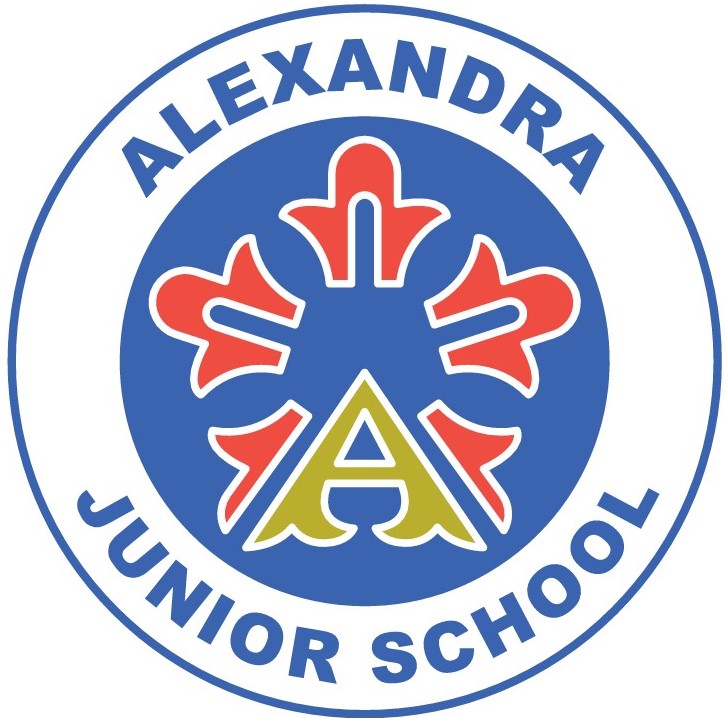SMSC – Spiritual, Moral, Social and Cultural Education
SMSC lead: Miss J. Rowe
SMSC is essential for children and young people’s individual development, as well as the development of society as a whole. At Alexandra Junior School we believe the importance of SMSC is central to the development and growth of pupils as people and at the heart of what teachers would say education is all about. We create a climate and ethos that enables our children to grow and flourish, becoming confident individuals, and appreciating their own worth and that of others.
Defining Spiritual, Moral, Social and Cultural Development
Pupils’ spiritual development is shown by their:
- Beliefs, religious or otherwise, which inform their perspective on life and their interest in and respect for other people’s feelings and values
- Sense of enjoyment and fascination in learning about themselves, others and the world around them
- Use of imagination and creativity in their learning
- Willingness to reflect on their experiences
Pupils’ moral development is shown by their:
- Ability to recognise the difference between right and wrong and their readiness to apply this understanding in their own lives
- Understanding the consequences of their actions
- Interest in investigating, and offering reasoned views about, moral and ethical issues
Pupils’ social development is shown by their:
- Use of a range of social skills in different contexts, including working and socialising with pupils from different religious, ethnic and socio-economic backgrounds
- Willingness to participate in a variety of social settings, cooperating well with others and being able to resolve conflicts effectively
- Interest in, and understanding of, the way communities and societies function
Pupils’ cultural development is indicated by their:
Understanding and appreciation of the wide range of cultural influences that have shaped their own heritage
Willingness to participate in, and respond to artistic, musical, sporting, mathematical, technological, scientific and cultural opportunities
Interest in exploring and showing respect for cultural diversity as demonstrated by their attitudes towards different religious, ethnic and socio-economic groups in the local, national and global communities
How do we ensure there are opportunities for SMSC development?
At Alexandra Junior School we recognise that the personal development of
children, spiritually, morally, socially and culturally, plays a significant part in
their ability to learn and achieve. We want to give each child the opportunity to explore social and moral issue; develop a sense of social and moral responsibility and promote the British Values. We therefore aim to provide an education that provides children with opportunities to explore and develop:
- Their own values and beliefs
- Their own spiritual awareness
- Their own high standards of personal behaviour
- Their team and collaborative skills
- A positive, caring attitude towards other people
- An understanding of their social and cultural traditions
- An understanding of democratic processes and the law in England
- An appreciation and acceptance of the diversity and richness of their cultures
- Their opportunities to experience other cultures
- Their ability to celebrate each other’s successes
- Their access to a range of educational visits
Our opportunities for SMSC development are continuously changing and evolving. To see examples that relate to SMSC specifically see the document below (SMSC Audit)
Links with the Wider Community
- Visitors are welcomed into our school
- Links with the local places of worship are fostered
- Visits to places of worship of other faiths will be arranged to support the understanding of different cultures
- The school supports the work of a variety of charities and works closely to support them
- The development of a strong home-school agreement is regarded as very important, enabling parents and teachers to work in an effective partnership to support the children
- Children will be taught to appreciate and take responsibility for their local environment
- Liaison with local secondary schools to support the primary curriculum and effective transition, takes place regularly with Infant and Secondary schools
- Eco programme and links with local Residents’ Association
- Links with police eg. Police cadets and regular community work
